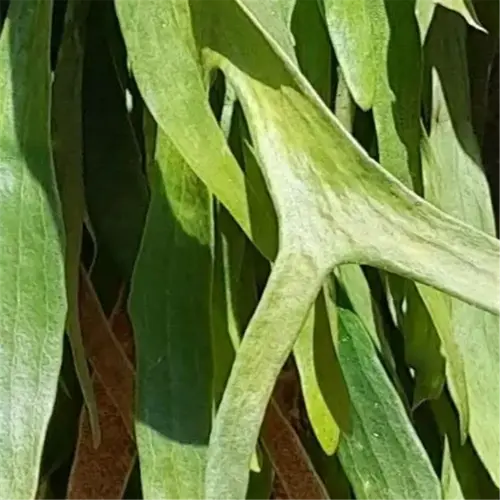Can roses thrive in heavy clay soil?

Written by
Liu Xiaohui
Reviewed by
Prof. Charles Hartman, Ph.D.Roses flourish beautifully in heavy clay soil if it is amended as necessary. To amend the soil, mix 25% expanded shale (3-8mm particles) and 20% compost to break up the dense clay soil. For instance, a gardener in Georgia saw double the blooms with this mixture when amending her heavy clay soil. She said the roots of the rose bushes could penetrate deeper into the heavier soil to reach nutrients that had been unavailable due to the compacted earth.
Aeration Boosters
- Expanded shale: Creates air pockets for root respiration
- Perlite: Prevents compaction in wet conditions
- Coarse sand: Use sparingly (under 10%) to avoid cement-like texture
Nutrient Sources
- Composted manure: Aged 6+ months to prevent acidity spikes
- Leaf mold: Improves water retention in amended clay
- Worm castings: Introduce beneficial microbes
Don't use sand-heavy amendments; sand transforms clay into concrete. A client in Tennessee found this out after his roses drowned from all the rain. We substituted all the sand with coconut coir, which holds moisture but does not water-log.His drainage was improved from 2 hours to 15 minutes on every test.
Spring Prep
- Till in compost 4 weeks before planting
- Apply gypsum if sodium levels are high
- Retest pH after amendments
Fall Maintenance
- Layer leaf mold as winter mulch
- Check drainage before first frost
- Add worm castings to replenish microbes
Annual drainage tests guard against problems. Dig a hole about 30cm, fill it full of water, and time how long it takes to drain. The ideal time to drain water is under 1 hour. If the water takes longer than an hour to drain, you may need to add more shale. As someone who has turned around gardens that were clay and may have seemed hopeless in the beginning, I know patience and grit are what counts.
Read the full article: Best Soil for Roses: Expert Tips for Lush Blooms

